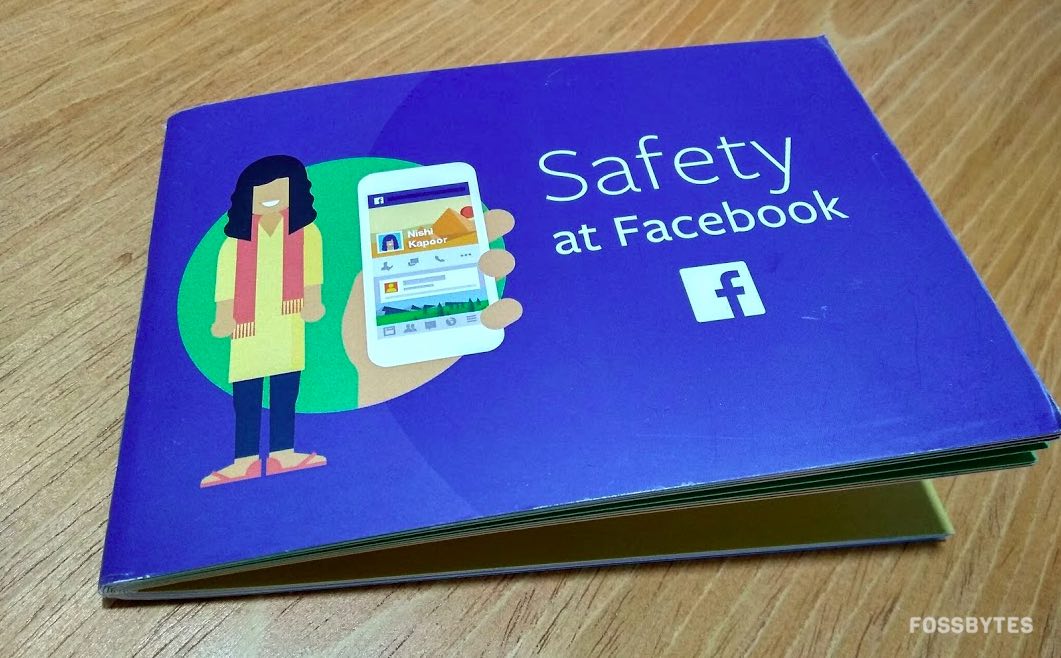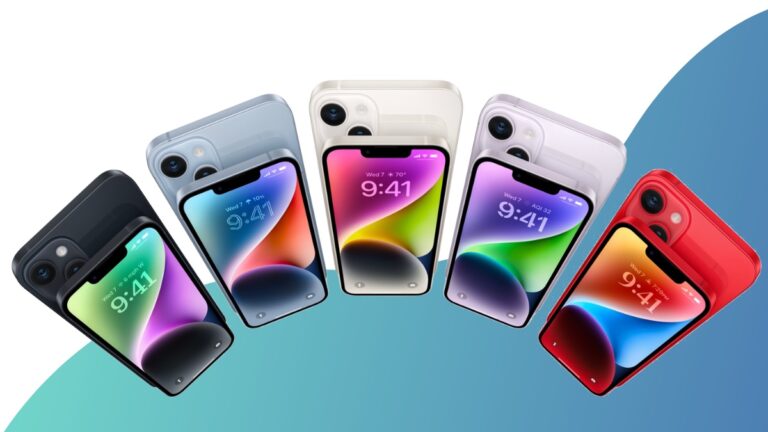Facebook Gave Deep Data Access To Apple And Other Device Makers: Report

Update: In an official blog post, Facebook has denied the allegations made by New York Times saying that it “disagree(s) with the issues they’ve raised about these APIs.” Due unavailability of app stores several years ago the company had to “work directly with operating system and device manufacturers to get their products into people’s hands.”
The company also said that their “partners could not integrate the user’s Facebook features with their devices without the user’s permission” and that “friends’ information, like photos, was only accessible on devices when people made a decision to share their information with those friends.”
According to a report by New York Times, Facebook had data-sharing partnerships for several years with at least 60 device manufacturers including tech giants such as Apple, Microsoft, Amazon, Samsung, and Blackberry.
Facebook granted third-party access to the companies for extracting users’ personal data before its apps were made available for iOS and Android devices. These deals may have violated a 2011 Federal Trade Commission consent decree, according to the newspaper, which Facebook officials denied.
It is worth noting that the social media networking company had previously claimed that data-sharing activities with third-party developers were ended by 2015 but electronic device makers were exempted.
Even though 22 of the deals were shut down following the furor of Cambridge Analytica scandal, some of them still remain in effect. Facebook, however, told Times that it had “strictly limited use of the data,” and that “they knew of no cases where the information had been misused.”
The amount of data shared is unclear at the moment, but private access to data allowed companies like Apple to offer many Facebook features to users such as the ability to post photos directly from their device without opening the Facebook app.
The New York Times also found that these data-sharing deals enabled companies to access personal user information such as relationship status, work history, birthdays, religious and political views, and even the information of users’ Facebook friends.
What’s worse is that the device makers could access data of those friends too who had blocked Facebook from sharing their personal information with third parties.
According to Facebook, such data-sharing partnerships were different from the access given to developers and that the hardware manufacturers are considered “extensions” of the social network. But security experts have raised concerns over such activities.
Ashkan Soltani, a former FTC chief technologist said, “It’s like having door locks installed, only to find out that the locksmith also gave keys to all of his friends so they can come in and rifle through your stuff without having to ask you for permission.”
Also Read: Facebook Wants Your Nudes For Their New Anti-Revenge Porn Tool [Updated]





